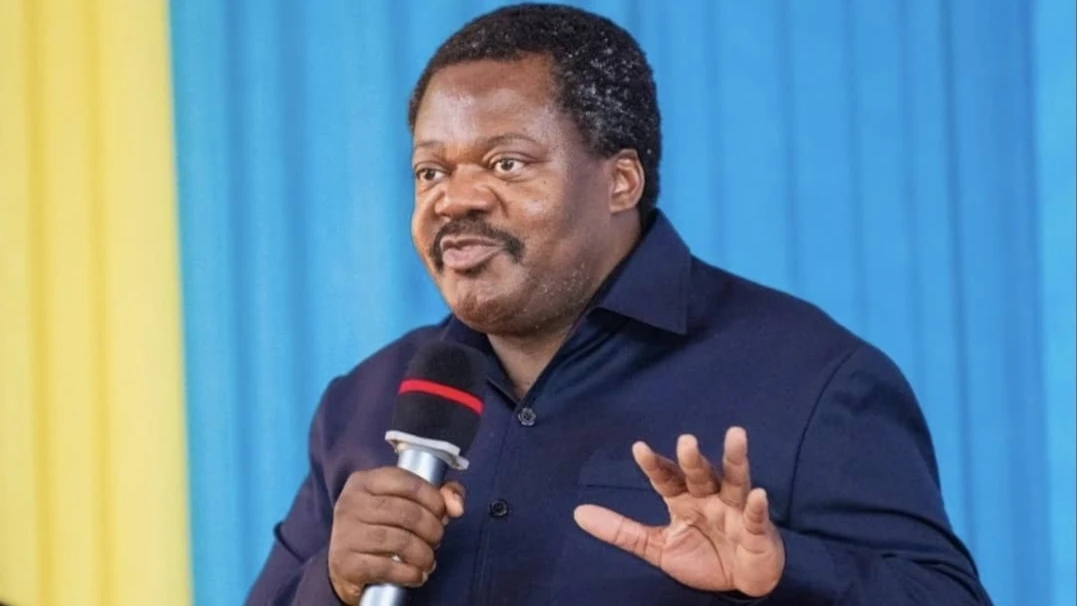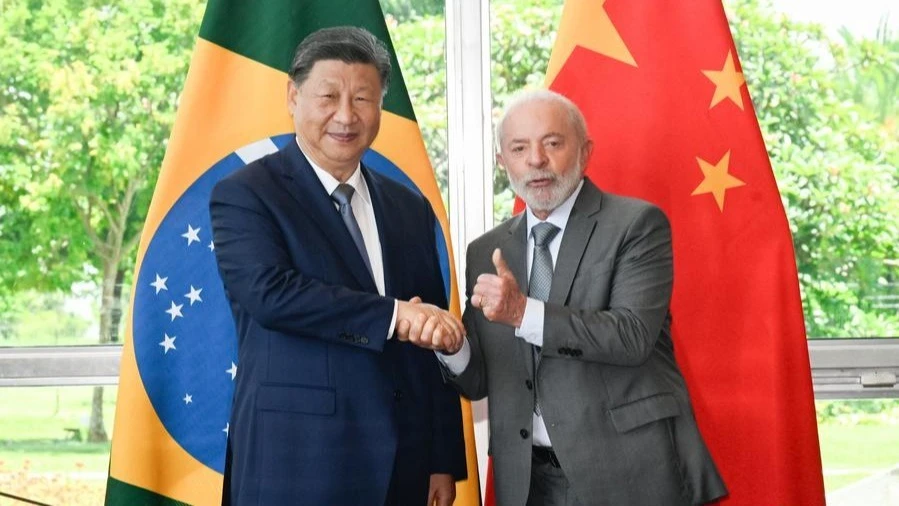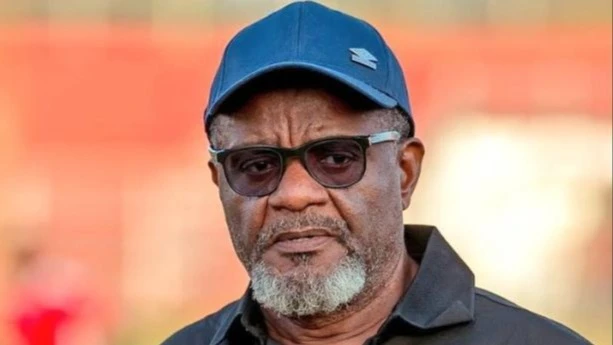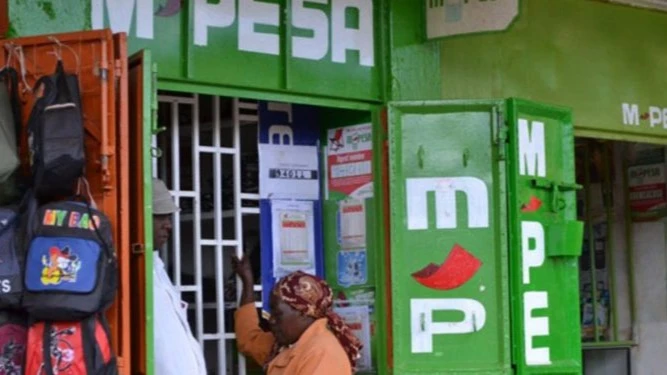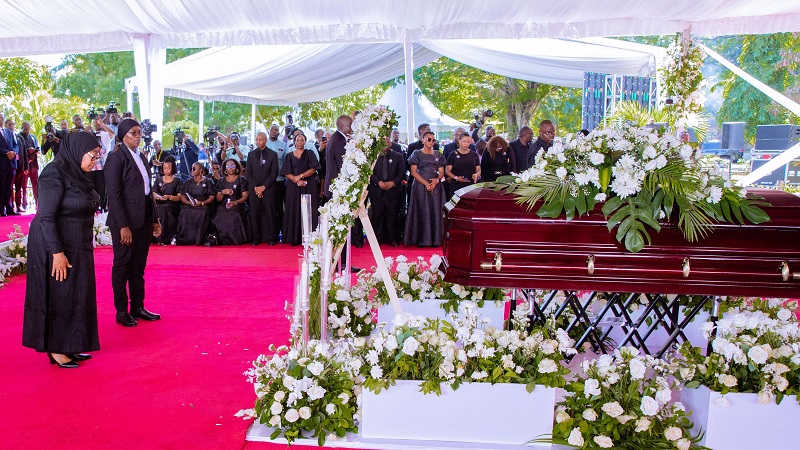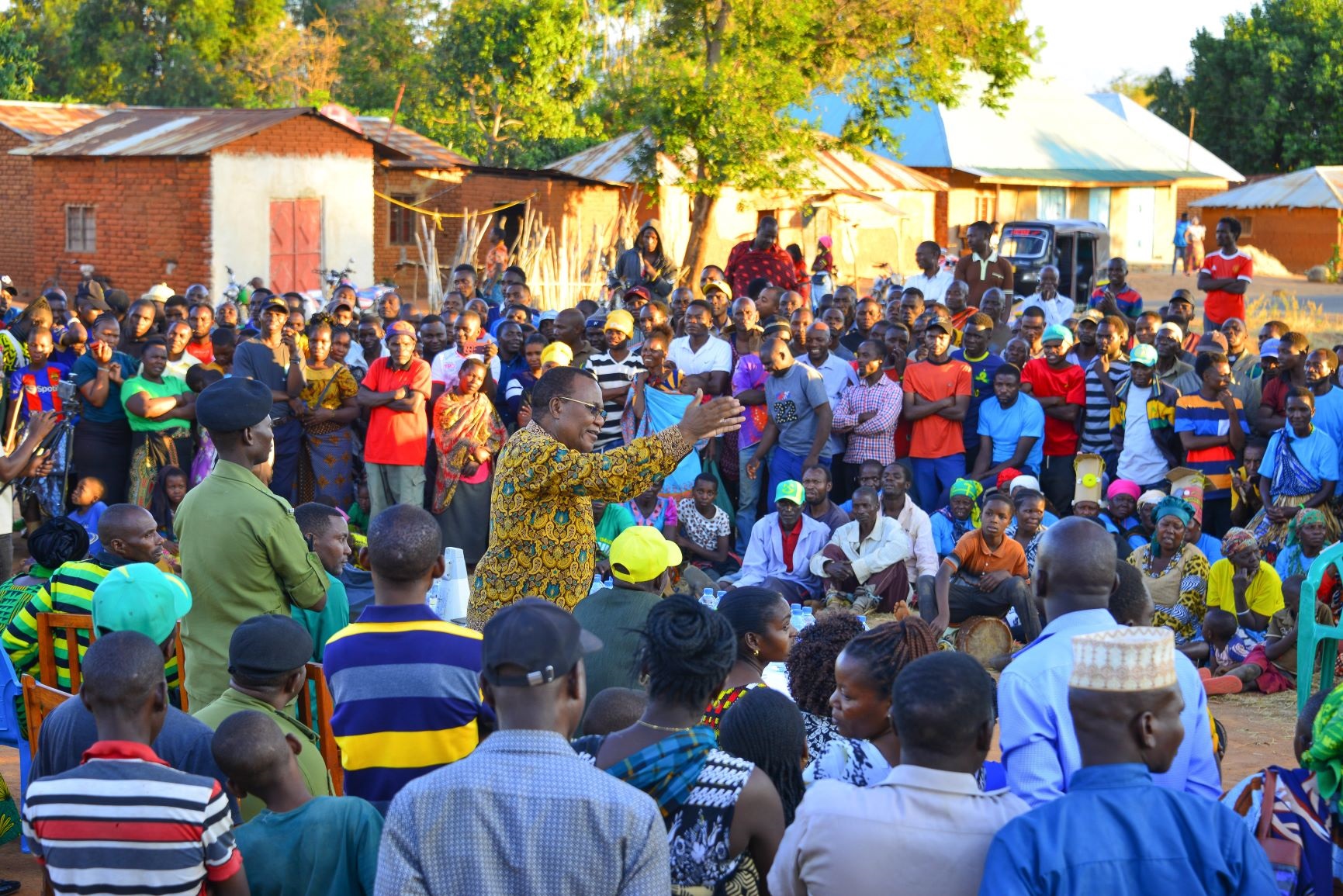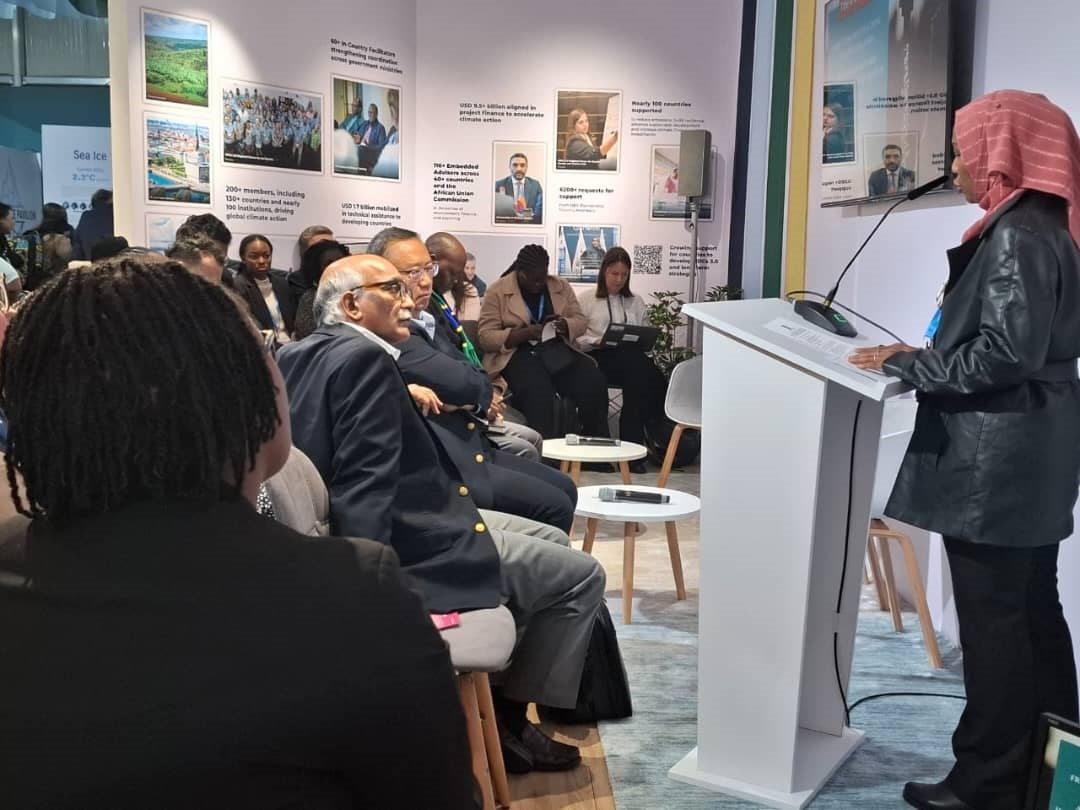Stakeholders demand resilient, tech-driven education systems
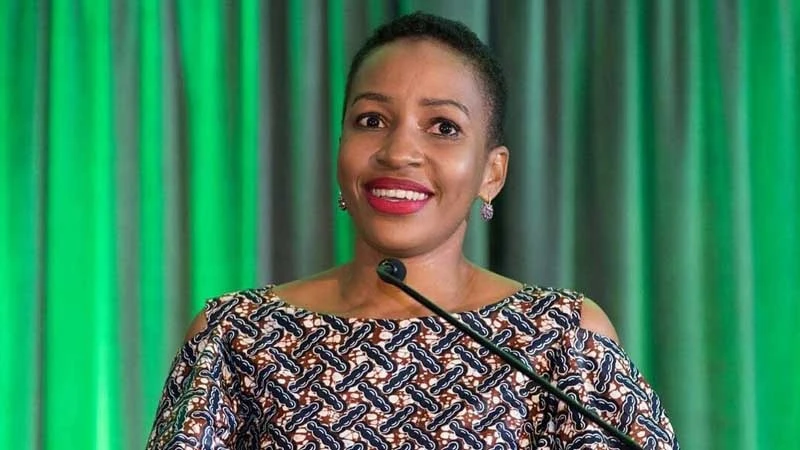
EDUCATION stakeholders have emphasised the need for African countries to invest in resilient education systems that ensure access to quality education for all even during times of crisis.
Speaking at the opening of the 4th International Quality Education Conference (IQEC) in Dar es Salaam yesterday, Faraja Nyalandu, chairperson of the Tanzania Education Network (TEN/MET) Board, highlighted the importance of investing in information and communication technologies (ICTs) such as connecting schools to the internet to facilitate quality education.
She stressed that ICT integration will help improve teaching and learning, producing competent graduates for various sectors.
“The Covid-19 outbreak highlighted the need for education systems that allow children to learn whether inside or outside the classroom. We must ensure the learning environment is effective even when students can't physically attend classes,” she said.
Nyalandu also noted that despite progress in the education sector, many children remain out of school due to various challenges.
Themed ‘Fostering Resilient Education Systems for Sustainable Development in Africa’, the conference aims to explore ways education systems can effectively respond to current challenges and adapt to technological advancements, ensuring long-term development across the continent.
Elke Wisch, the United Nations Children’s Fund (UNICEF) Country Representative, emphasised the need for investment in quality education to meet the demands of a changing digital economy and the impacts of the climate crisis. She commended Tanzania’s education network for its efforts to improve the sector.
“In the context of education, digital transformation not only increases access to technology and learning platforms but also strengthens the education system's ability to foster digital literacy and 21st-century skills for all children,” Wisch said.
Mohamed Mchengerwa, Minister of State in the President’s Office for Local Government and Regional Administration, reaffirmed the government’s commitment to enhancing education systems and increasing funding to ensure quality education for all.
“The theme of this conference reminds us of our responsibility to build systems that are resilient and sustainable,” he said.
He also mentioned recent updates to the Education and Training Policy, aimed at fostering critical thinking, resilience, and practical skills in pupils.
Martha Makala, TEN/MET National Coordinator, noted that the three-day conference would explore the role of technology in enhancing educational systems, developing 21st-century teaching methods and sharing successful initiatives from Tanzania and beyond.
“The evolving science, technology and cultural shifts have a significant impact on education trends. This conference provides an opportunity to seek solutions to the emerging challenges in education,” Makala said.
Organised by TEN/MET and its partners, the conference brought together over 300 participants from across Africa, including Zimbabwe, Zambia, South Sudan, Lesotho, South Africa, Kenya, Rwanda, Uganda and Cameroon.
Top Headlines
© 2024 IPPMEDIA.COM. ALL RIGHTS RESERVED








